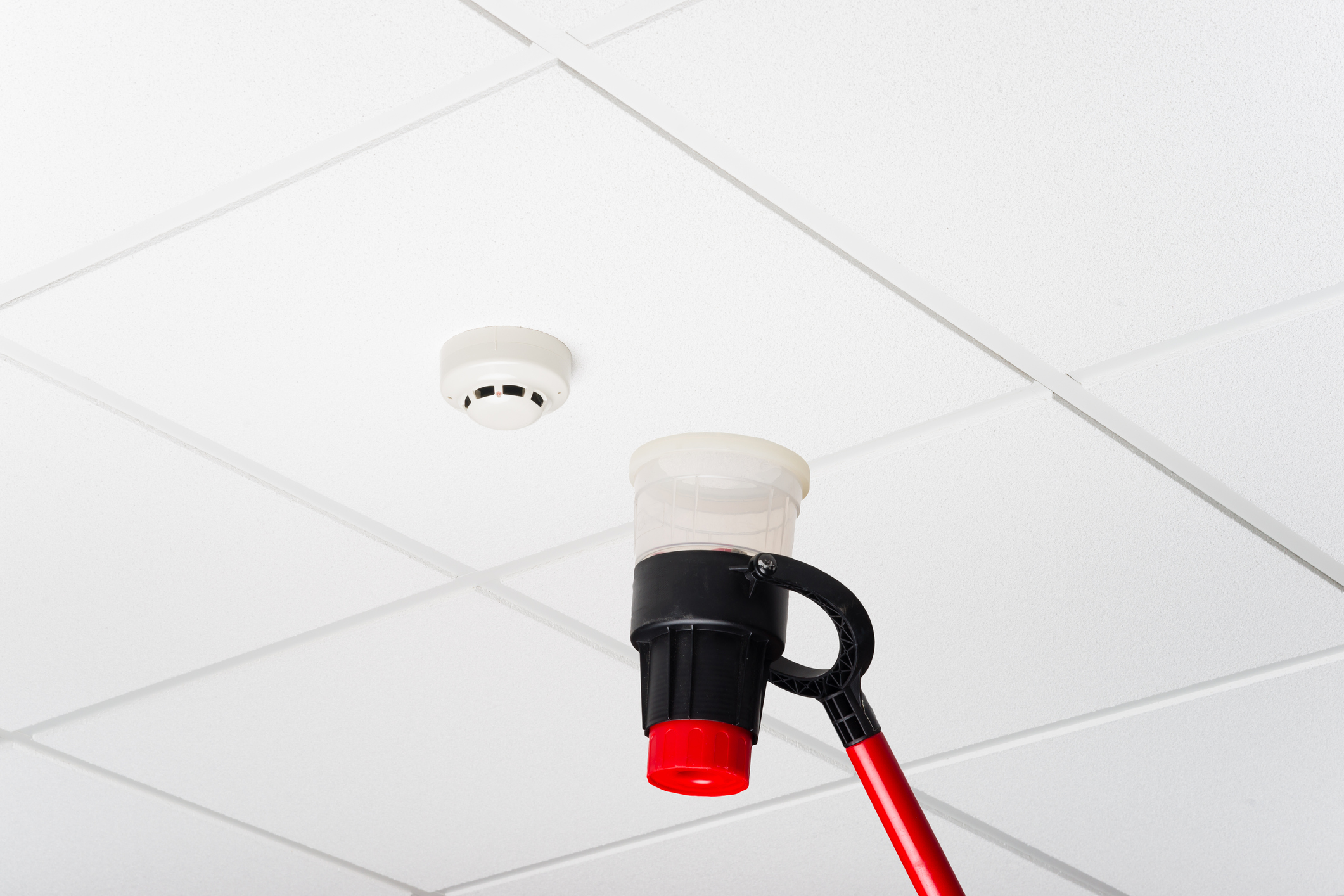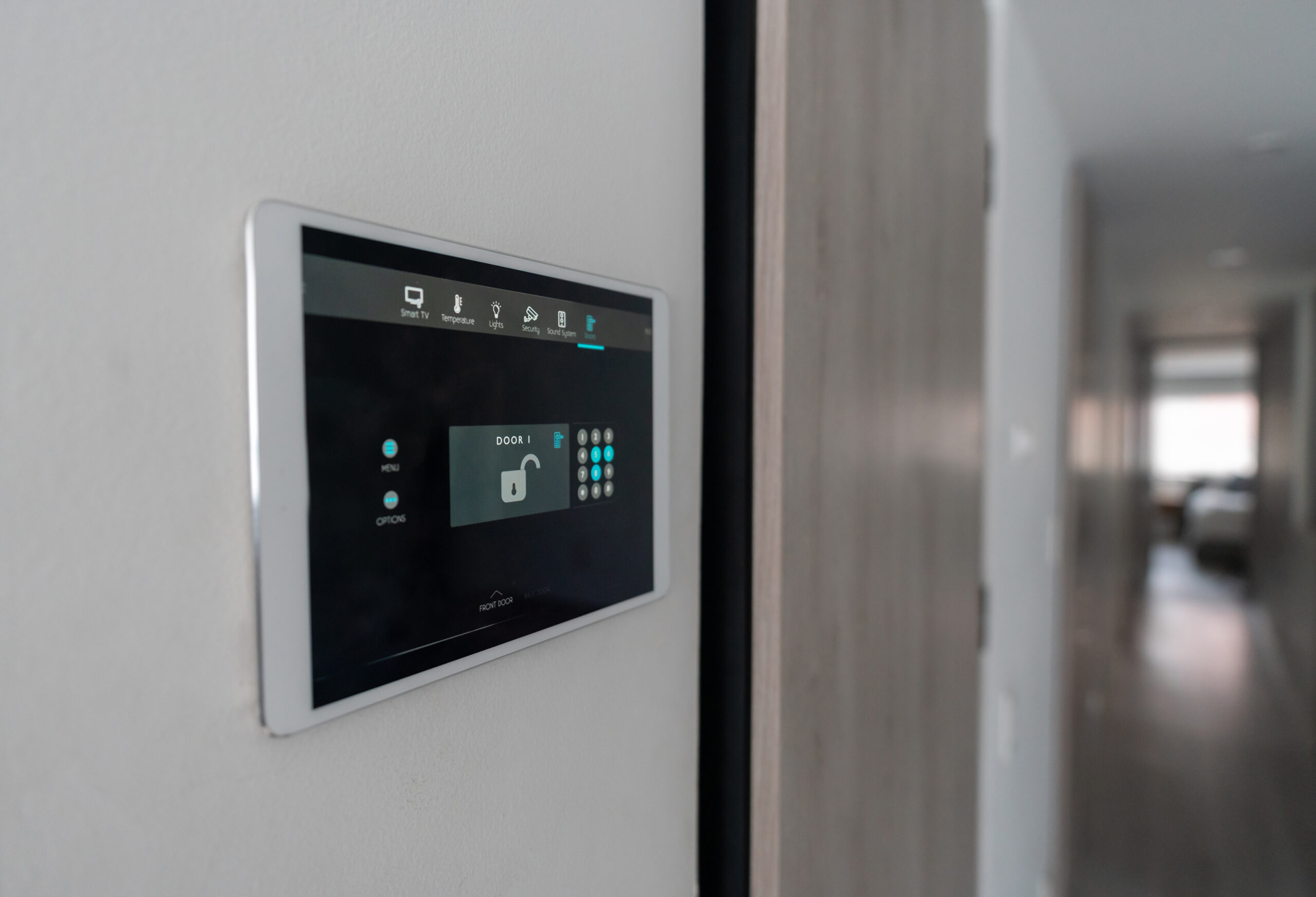
How To Test Commercial Smoke Detectors & Fire Alarms
The testing of fire alarms and smoke detectors within a commercial setting is often overlooked. The presumption that fires are infrequent within premises, such as office buildings, is negligent and incorrect. In reality, fire and rescue services are called around 300 times a week to non-domestic buildings across the UK. These incidents often result in casualties, and unfortunately deaths.
It’s critical that you maintain your fire alarms in working order and test them on a regular basis to prevent your business premises from becoming part of these devastating statistics. Let us walk you through the requirements for fire testing and how often you should be doing it.
Fire Alarm Regulations for Business
Are fire alarms a legal requirement? Every nation in the United Kingdom has its own set of laws. Each country’s rules provide a different degree of security, but the answer is yes. Every UK business must have a fire alarm.
Regarding England and Wales, you should reference The Regulatory Reform (Fire Safety) Order 2005. For Scotland, check the regulations that fall under Part 3 of the Fire (Scotland) Act 2005. And for Northern Ireland, you should read the regulations under The Fire Safety Regulations (Northern Ireland) 2010.
You are classified as the responsible person of a commercial building if you are in control of the building. The responsible person for a building must ensure that all regulations that are in place for your country are upheld. This will guarantee that a suitable system is in place to detect fires and warn all of the occupants to exit the building.
You must also ensure that this system is tested on a regular basis and in the correct manner. Each fire alarm system has its own testing procedure, so you’ll need to consult the instructions supplied by the manufacturer.
How Often Should I Test My Fire Alarms?
In England, it is a legal requirement that your fire detection system is fully checked and maintained every six months. Also, every week, fire alarm tests must be conducted to ensure that the system is operating properly. For further information on how often fire alarms should be tested, check out our blog on this subject here.
How to Test a Fire Alarm
Fire alarm systems will vary depending on the manufacturer, model, and type of structure they protect. However, in general, the procedure is generally completed as follows:
- All staff should be informed that a fire alarm test is about to be performed
- Check that the alarm control panel has a connection to the alarm receiving centre
- Have the manual call point key at hand, as you will need it to reset the system following the test
- Activate a manual call point, wait for the alarm to sound, and use your key to reset it
- Check that the manual call point location is correct on the alarm control panel and then silence the alarm
- In the logbook, record the results of your fire alarm test
- Contact the alarm receiving centre and see if they received the fire alarm test signal
- Take the alarm control panel out of test mode after you have reset it
The Importance of Testing Fire Alarms and Smoke Detectors
Commercial fire alarm systems are crucial for the safety of your employees and customers. They provide an early warning signal that can help evacuate occupants before a fire becomes uncontrollable.
Having an effective and compliant fire alarm system allows emergency services to be notified early, ensuring that they report to your premises and extinguish the fire before too much damage has been dealt, saving you costs on property damage, and possibly even lives.


